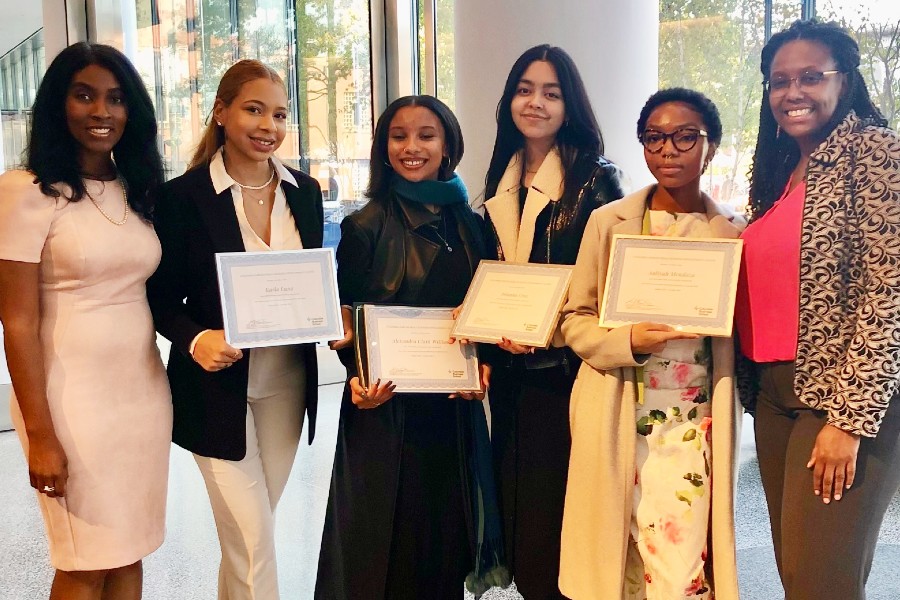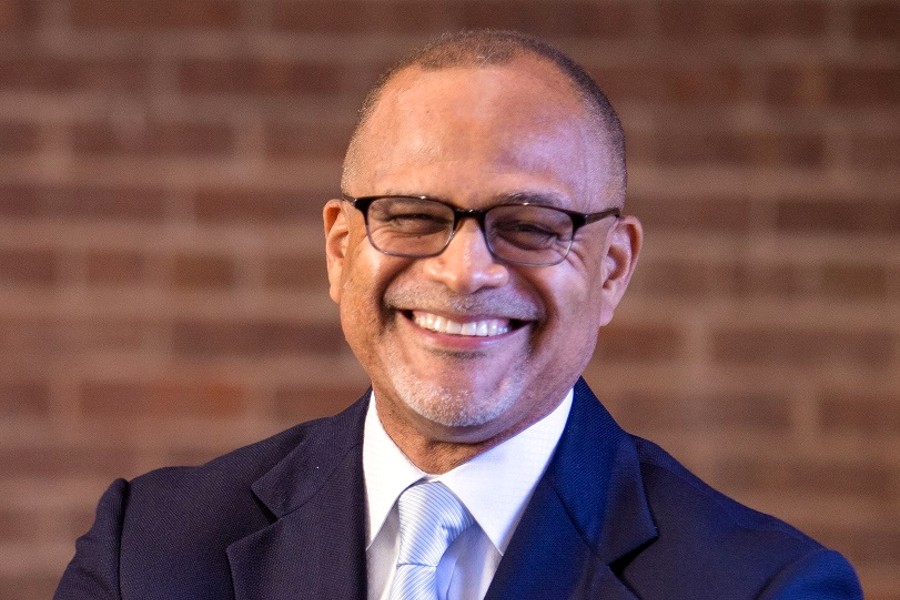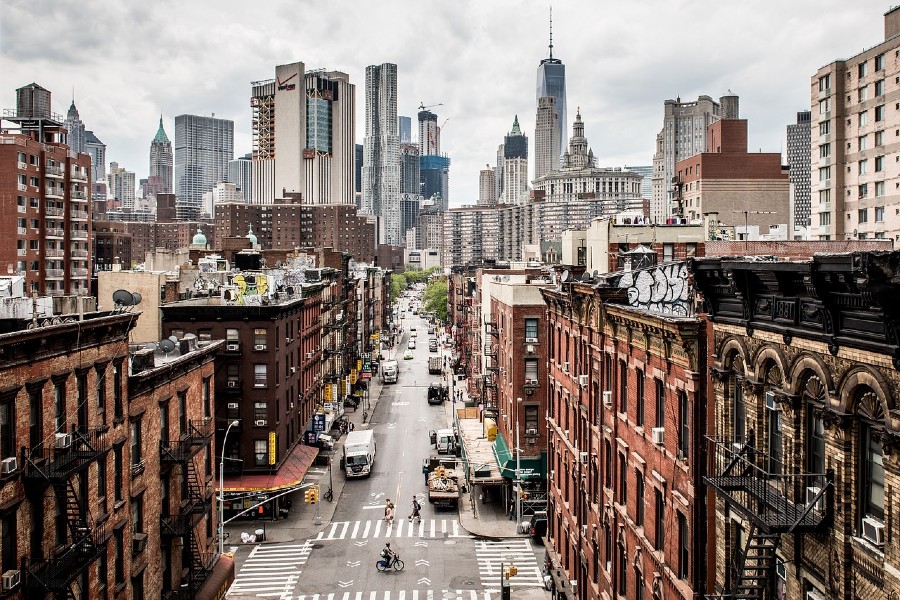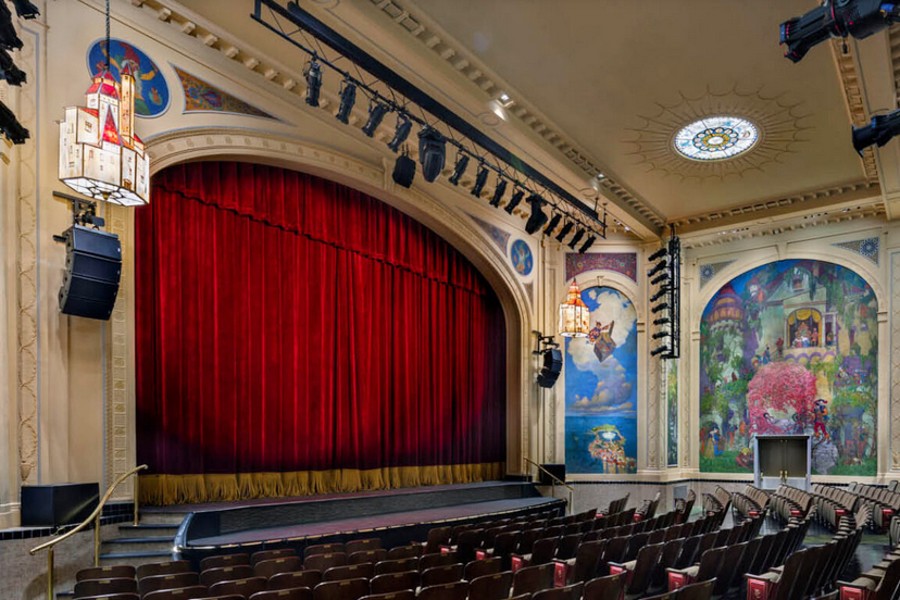By Yolande Brener
Although many New Yorkers may not know why the area from 135th Street to 155th Street on the west side is called Hamilton Heights, judging by the large turnout for the opening of his memorial, Alexander Hamilton has plenty of fans.
Around 1500 people traveled from as far as Seattle to honor Mr. Hamilton’s memory and Harlem’s great colonial history. A group of girls called “The History Peeps” traveled from Boston and Philadelphia to attend the event.
“Alexander Hamilton was the backbone of this country,” said one girl.
“He was badass,” said another. “America had horrible debt before he pushed for change.”
“He reformed the financial system,” said Hamilton impersonator, Ian Rose. “He also implemented judiciary review, meaning all crimes must be tried by a jury. Before that, people could be punished without a trial.”
Alexander Hamilton was one of the first anti-slavery advocates. During Ian Rose’s presentation as Hamilton, an attendee asked him, “What is the role of slavery in your household?”
“Slavery is repugnant to us,” replied Rose. “We have struggled to make America free. Now let us make her happy as well.”
Hamilton’s wife, Eliza, also made an appearance on stage.
“She is not accustomed to speaking in public,” Rose said, to laughter from the audience.
“He is also a poet,” Eliza said, before reading his sonnet, “Why I Sighed.”
“No joy unmixed my bosom warms, But when my angel’s in my arms.”
“Enough of that,” said Rose.
In the grounds, Jim Keyes and friends played colonial music, a fiber artist spun thread, and a blacksmith smelted and hammered tools. Children played with colonial toys and a chocolate maker demonstrated a traditional recipe for chocolate, which I learned contains pepper, cinnamon and nutmeg.
The gift shop sells this chocolate, as well as dolls, books, hand made soaps and gas-lamp style candleholders.
“The Hamilton biography was the most popular purchase,” said the cashier. “And the chocolate.”
The first floor of the house displays reproduction colonial furniture, including a table set up with antique playing cards and rum glasses. The ground floor displays a graphic timeline of Hamilton’s life. He was born in the Caribbean in 1755 and became an orphan by the age of 13. Alexander Hamilton determinedly worked his way up by studying at King’s College, now Columbia, becoming a lawyer and joining George Washington’s (who lived in the Jumel Mansion with the oldest colonial garden in the nation on 162nd Street and Edgecombe Avenue during part of the Revolutionary War around 1776 in Harlem ) staff in 1777. An important Founding Father, he helped draft the constitution and instigated crucial reforms in the legal and financial systems of America.
“My ambition is prevalent,” Hamilton said. Now, more than 200 years after his death during a duel, Hamilton himself might be surprised at how well loved he is as a historical figure.
“Hamilton isn’t in the popular consciousness as much as he deserves to be,” said Ranger Liam Strain. “It’s amazing what he accomplished considering his beginnings, and that’s the story.”
Hamilton Grange in its new St. Nicholas Park location will be open to the public from Wednesday to Sunday from 9am until 4.30pm.
Here’s a video regarding the historic move to this site location:
[youtube http://www.youtube.com/watch?v=LI-5wkLdyXU&w=640&h=360]
National Park Service site for Hamilton Grange: http://www.nps.gov/hagr/index.htm
Story and photographs by Yolande Brener, except for the last photograph by Rudy Collins.
Become a Harlem Insider!
By submitting this form, you are consenting to receive marketing emails from: Harlem World Magazine, 2521 1/2 west 42nd street, Los Angeles, CA, 90008, https://www.harlemworldmagazine.com. You can revoke your consent to receive emails at any time by using the SafeUnsubscribe® link, found at the bottom of every email. Emails are serviced by Constant Contact























